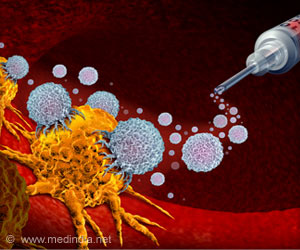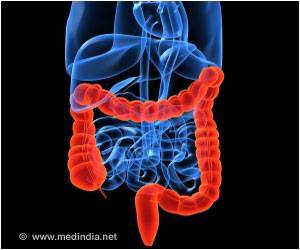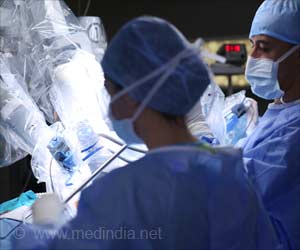Researchers at the
and his student Veer Singh’s study has already been published in the
international journal Separation Science and Technology.
Mishra said that the hexavalent
chromium is responsible for several types of health problems in humans such as
cancers, liver and kidney diseases, liver malfunctioning, and skin problems.
He said
“This is a new eco-friendly product, synthesized from the Citrus
limetta (mosambi) peels biomass. This adsorbent is very effective for
removal of hexavalent chromium from waste water compared to other conventional
methods and takes less time to separate hexavalent chromium from aqueous
solution.”
Veer Singh said that the absorbent could be
easily separated from the aqueous medium after the metal removal process.
Researchers have tested the ability to remove hexavalent chromium from this
adsorbent in artificially simulated wastewater and obtained satisfactory
results.
The heavy metal removal capacity of this
absorbent was also tested for other heavy metal ions such as lead, copper, and
cadmium. The heavy metals have carcinogenic
properties, which cause all types of cancer.
Explaining the procedure,
he said, “We collect the mosambi peels, dry them, grind them into granules, and
then modify it with chitosan, a biopolymer. After this, the peels are put in
water and they begin to separate the heavy
metals.”
He also said that in developing
countries, water-borne diseases are the major problem. According to the World
Health Organization (WHO), each year 3.4 million people, mostly children, die
from water-related diseases.
According to a United Nations
Children’s Fund (UNICEF) assessment, 4,000 children die each day due to the
intake of bacterial contaminated water. WHO reports that over 2.6 billion
people lack access to clean water, which is responsible for about 2.2 million
deaths annually, of which 1.4 million are children.
Improving water quality can reduce the
global water-borne diseases.
Regarding the socio-economic aspect of this
research, Mishra said that mosambi peels are readily available as fruit scraps.
The synthesis of the adsorbent from this and from chitosan is an economical and
ecological method.
Replying to a question, Mishra said that
the research had shown successful results and they now planned to take it to a
larger scale and make it cost-effective.
Source: Medindia



